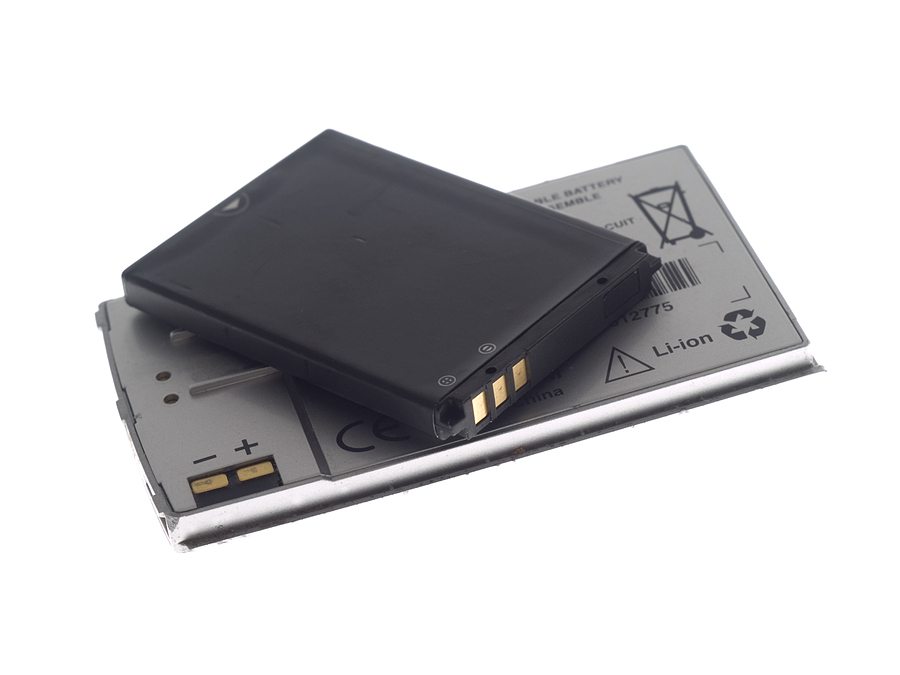
U.S. Site Underway
Ecobat, a lead battery recycler, is currently in the process of commissioning its inaugural lithium battery recycling facility in the United States.
Based in Dallas, Texas, Ecobat operates 11 smelters spanning across two different continents. With an average annual production of 840,000 metric tons of lead, Ecobat is committed to sustainable practices through its advanced lead recycling process.
According to E-Scrap News, Elliott Ethridge, the vice president of global sales at Ecobat, shared that the organization “has a really proud and long history in lead recycling that goes back decades and spans multiple continents.”
“It makes sense to go now into lithium,” he stated. “We see a very good space for moving forward. We don’t see lead diminishing – it’s not a zero sum game. We see lithium coming on to augment a lot of spaces that lead doesn’t serve.”
The press release additionally noted that Ecobat is the exclusive European company offering comprehensive Stage 1-3 lithium battery recycling services.
Ecobat’s Locations
Ethridge also highlighted how Ecobat successfully transitioned into the lithium-ion battery industry. Rather than opting for pilot plants, the company made the strategic decision to directly establish fully operational facilities after conducting detailed research on the market.
There is already an online facility in Germany, with another one in the process of being commissioned in Casa Grande, Ariz., “as we speak,” Ethridge stated. He further added that the third facility, located in the U.K. is coming soon.
The Arizona recycling facility possesses the potential to process 10,000 tons of recycled material annually, turning it into black mass, and there is even room for future expansion.
Scattered Black Mass Markets
In his observations, Ethridge emphasized the widespread and varied nature of black mass end markets across the globe. Ecobat, with its determination to ensure “the markets function the best way they can,” recognizes it’s a “global topic that has regional ramifications.”
“We have expansion plans from there that I cannot share, but we very much intend to maximize the facilities and learn as much as we can and partner with the right people and then grow,” Ethridge explained.
The firm’s revolutionary technology is capable of accommodating a diverse array of feedstock, and this flexibility enables the facilities to readily accept a broad spectrum of batteries, ranging from smaller ones found in tools, laptops, and cell phones, to the larger and more powerful batteries used in electric vehicles.
In addition, Ethridge noted the company’s commitment to salvaging “any scrap, byproduct, off-spec, end-of-life and damaged product along the way.”
Lithium-Ion Battery Concerns
Recently, there has been a surge of interest surrounding the safety of lithium-ion batteries due to their potential for causing fires. Ethridge said that metals workers have “always been hyper aware of the need for safety and the need for treating these very beneficial materials the right way.”
One particular example of a potentially dangerous substance is lead, which, if not handled correctly, can pose risks to both human health and the environment. But, it is important to note that lead, much like lithium-ion batteries, is “not inherently dangerous.” Instead, it “just calls for education.”
With the widespread introduction of lithium-ion batteries in various consumer products, the importance of collecting and recycling is, “a lot more nuanced and a lot more front-of-mind for people who have not experienced these things before,” he said.
Ethridge feels that recyclers play a vital role in educating consumers as responsible stewards of the industry. “I think of our women and men in the field who go out and pick up these batteries as the first line.”
In his analysis of the future, he envisions a continuous cycle of ups and downs for lithium-ion recycling, and finished by stating,“There’s going to be a lot of excitement and then some tamping down, and then more excitement and more tamping down, but overall the trend is very positive for consumers and the environment and the recycling market.”
